People do not mind classifying
In Ho Chi Minh City, waste sorting at source is being implemented quite strongly. Last weekend, November 4, at the headquarters of the Women's Union of Go Vap District (HCMC), the "Garbage for Gifts Festival" was held by the Women's Union of Go Vap District in collaboration with the Vietnam Association for Clean Water and Environment in Ho Chi Minh City and businesses in the field of environment and recycling.
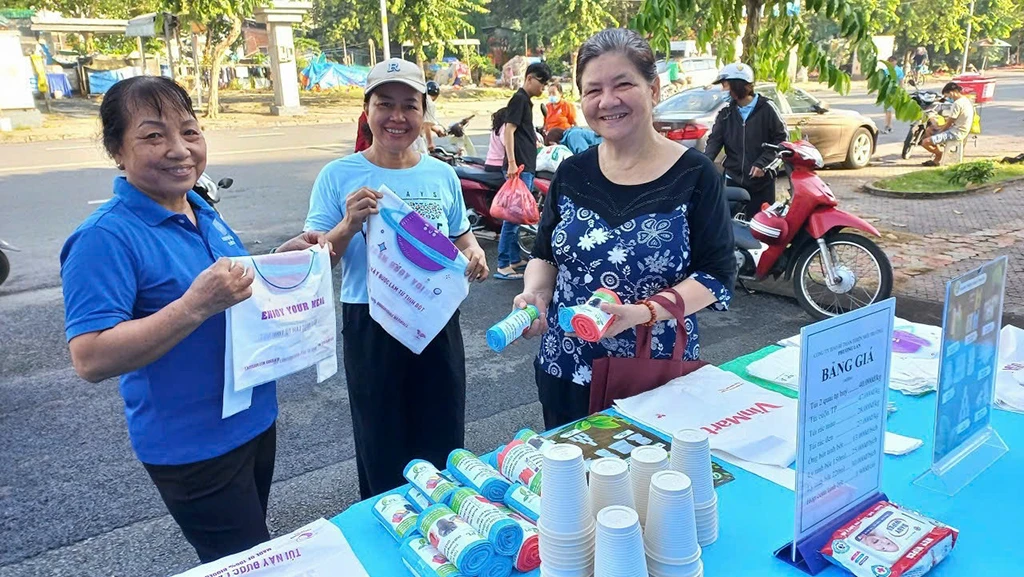
People in Go Vap District (HCMC) participate in the activity of "exchanging trash for gifts"
Ms. Phan Thi Thuy Phuong, Deputy Head of the Southern Office of the Vietnam Clean Water and Environment Association, said: This has been a regular activity of the association for nearly a year. In addition to Go Vap District, the program is also held in Hoc Mon District, District 10 and Nguyen Cu Trinh Ward in District 1. "Once a month, we organize a festival for people in the area to bring trash to exchange for gifts. The program is attracting more and more people to participate. In Go Vap, in some wards, people even gather trash and fill up three-wheeled vehicles and trucks to bring it to exchange for gifts," Ms. Phuong said.
Garbage will be divided into many categories such as: aluminum cans, plastic bottles, nylon bags, cardboard, batteries, old clothes... Those with recycling value will be converted directly into money or gifts. Gifts are products of businesses participating in the program, some businesses collect aluminum cans and plastic bottles for recycling and pay directly to people. Batteries are hazardous waste that will be collected and processed by specialized units according to regulations. Old clothes are also selected, those that can still be used will be sent to charity places, those that cannot be used will be processed and used as fuel for the cement industry...
"Our activities aim to contribute to promoting and raising people's awareness of waste classification at source according to the state's policy. Most people have a good awareness of considering waste as a recyclable resource and want to participate in classification. However, our problem is that the coordination in implementation is not synchronous, so it has not been successful. There is even a situation where after the waste is classified, the collection unit, due to lack of means, merges it together. Therefore, to successfully implement this, it is necessary to have organization and unity in terms of state policies," Ms. Phuong stated her opinion.
Increasing the price of buying garbage will reduce pollution concerns
According to the target, by December 31, 2024 at the latest, all solid waste must be classified. Ms. Phuong assessed that to achieve the set target, the first thing is to continue to propagate to the community through media agencies and social organizations, and it needs to be done continuously. Second, there must be synchronization in waste treatment. Currently, there is only one waste treatment unit, the Urban Construction Company, so it cannot do everything. Therefore, it is necessary to create mechanisms and favorable conditions for private enterprises to participate in collection, treatment, and recycling. The waste collection of the Urban Construction Company also needs advanced training to avoid the situation of moving pollution from one place to another. Third, for highly recyclable waste such as paper, aluminum, plastic, etc., it is necessary to support capital and interest rates to establish and develop waste collection and treatment enterprises.
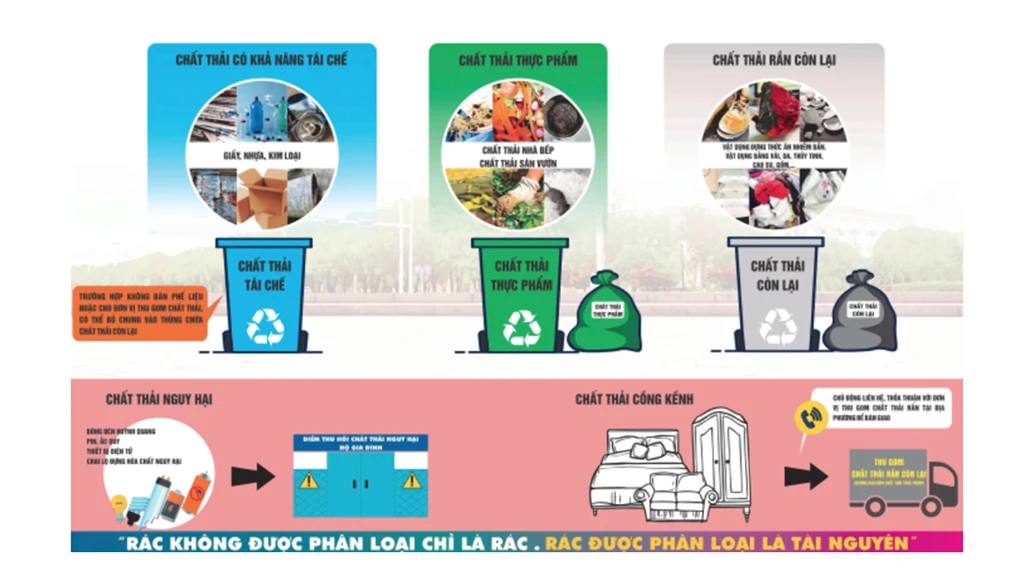
Guidelines for waste classification at source of the Ministry of Natural Resources and Environment
"Currently, the government has to spend a large amount of money each year to treat waste. So we need a mechanism to increase the purchase price of these types of waste, especially plastic packaging, aluminum, paper... For example, currently the purchase price of PE plastic waste is only 3,000 VND/kg. If there is a policy to increase the purchase price to 4,000 - 5,000 VND/kg, we will not worry about pollution. Or organic waste, we have a reasonable policy that can be used to develop fertilizer products," Ms. Phuong suggested.
Mr. Tran Viet Anh, Chairman of the Vietnam Waste Recycling Association (VWRA), said that in order to successfully implement this, the government needs to prepare all aspects. The first is to educate the people, the second is to prepare policies and practices. This means that the organization of garbage collection and treatment must be organized systematically and in accordance with regulations. If people classify well but the remaining places do not follow the correct procedures, it is meaningless. For the people, for example in apartment buildings, the responsibility will be assigned to the management board. In small-area housing areas, poor workers, and rural areas, it is possible to organize classification by neighborhood, residential group, etc. At the same time, there should be sanctions for places that do not classify well and have a low rate of collected and recycled garbage; and conversely, commend and encourage places that do well.
"The meaning of sorting waste at source is to take advantage of this resource, collect and recycle it to achieve the highest efficiency and simultaneously solve environmental, economic and social problems. Therefore, the state needs to have policies to support capital, interest rates, land... for businesses investing in this field. When many businesses participate in recycling, it will create demand for purchasing raw materials from waste and help form and develop the market. People will see real products and real value and join hands to participate. In the plastics industry alone, Vietnam has to spend about 10 billion USD each year to import raw plastic. If there is a policy to promote recycling, we will reduce a large amount of foreign currency to import raw plastic," said Mr. Viet Anh.
In early November, the Ministry of Natural Resources and Environment sent a document to the People's Committees of provinces and centrally run cities providing technical guidance on classifying domestic solid waste according to the provisions of the Law on Environmental Protection 2020. Accordingly, by December 31, 2024 at the latest, domestic solid waste must be classified at source. Domestic solid waste is divided into 3 basic groups: Group 1 is solid waste that can be reused and recycled; Group 2 is food waste; and Group 3 is other domestic solid waste.
The Law on Environmental Protection 2020 stipulates: People's Committees of provinces and centrally run cities are responsible for deciding on the specific classification of domestic solid waste; arranging collection points and transfer stations for domestic solid waste to meet environmental protection requirements; planning and allocating land funds for domestic solid waste treatment areas, promptly allocating land to deploy the construction and operation of domestic solid waste treatment areas in the area; regulating specific prices for domestic solid waste collection, transportation and treatment services...
According to the Ministry of Natural Resources and Environment, on average, Vietnam discharges about 1.8 million tons of plastic waste each year, including more than 30 billion plastic bags, more than 80% of which are discarded after single use. Currently, the country has about 1,326 facilities for treating domestic solid waste, of which 1,207 are landfills for domestic solid waste, accounting for 65%.
Source link




![[Photo] Hanoi morning of October 1: Prolonged flooding, people wade to work](https://vphoto.vietnam.vn/thumb/1200x675/vietnam/resource/IMAGE/2025/10/1/189be28938e3493fa26b2938efa2059e)
![[Photo] Keep your warehouse safe in all situations](https://vphoto.vietnam.vn/thumb/1200x675/vietnam/resource/IMAGE/2025/10/1/3eb4eceafe68497989865e7faa4e4d0e)

![[Photo] President of the Cuban National Assembly visits President Ho Chi Minh's Mausoleum](https://vphoto.vietnam.vn/thumb/1200x675/vietnam/resource/IMAGE/2025/10/1/39f1142310fc4dae9e3de4fcc9ac2ed0)
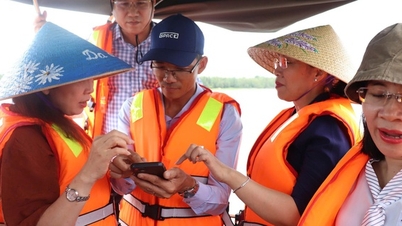







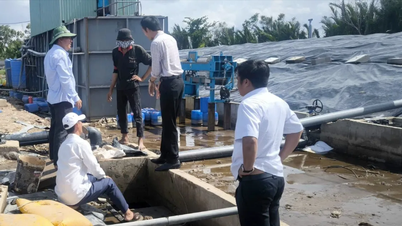
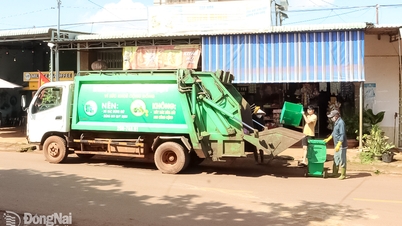
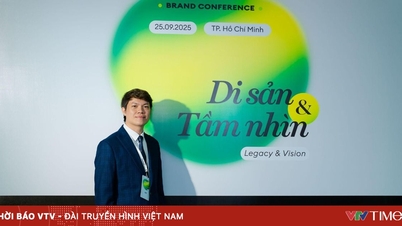





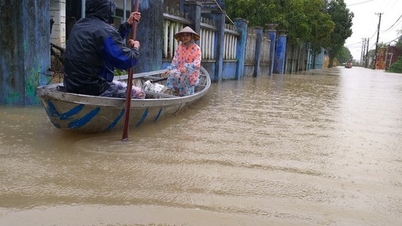


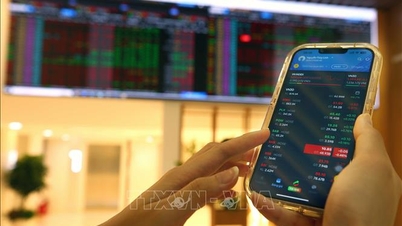




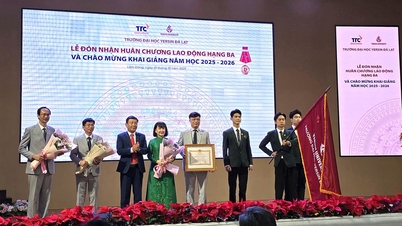


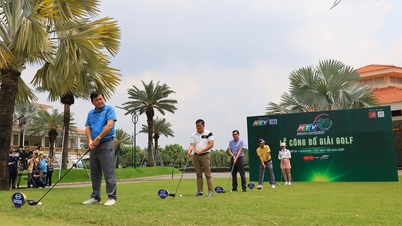

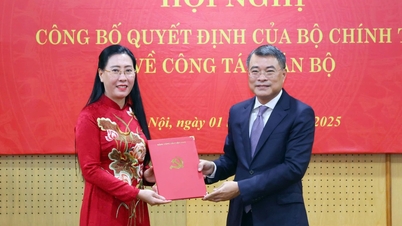































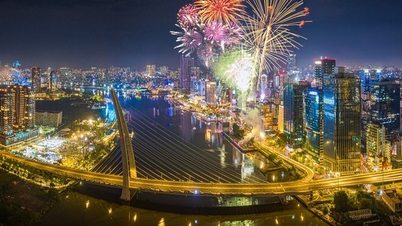
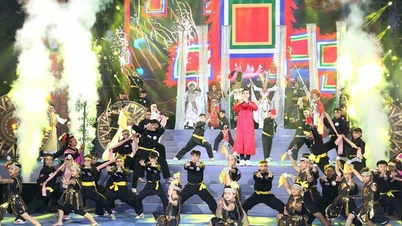
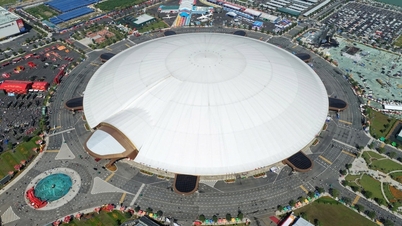




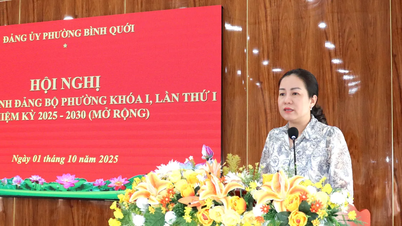
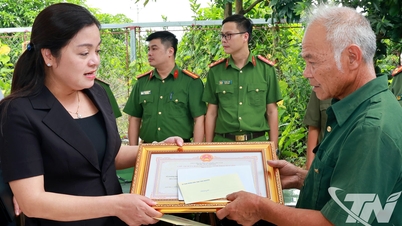


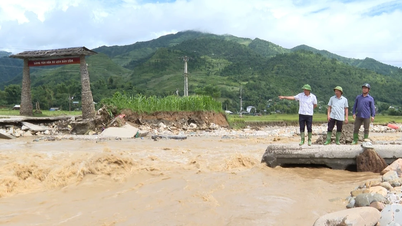

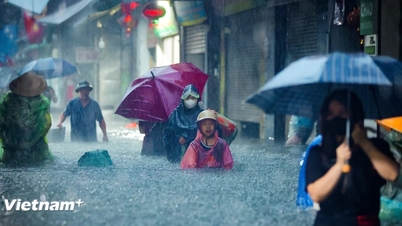

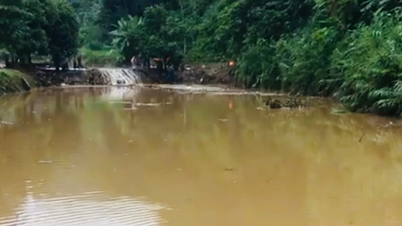














Comment (0)